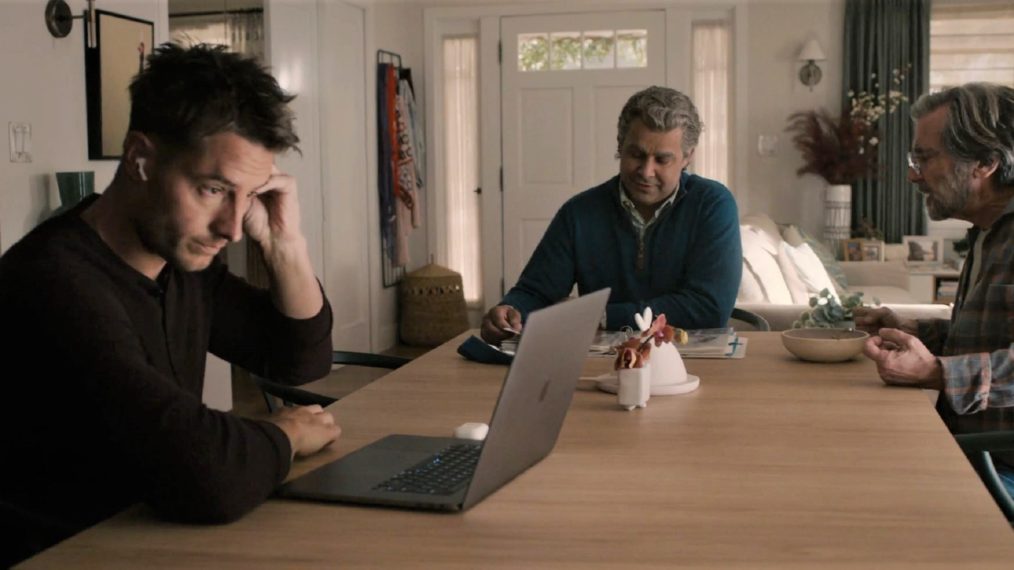#Ukraine invasion proves Big Tech can’t be arbiter of ‘truth’

Table of Contents
“Ukraine invasion proves Big Tech can’t be arbiter of ‘truth'”
People can be forgiven for missing this point when artillery shells are flying, but a lesser-noticed detail emerging from the fog of the Ukraine war is that the info-policing policies of Silicon Valley are a total failure: They’re unworkable, have no consistent thinking behind them, and are subject to sudden reversals driven by the heat of political passions rather than principle.
Facebook, for instance, has a policy against death threats. Or at least it used to: Now there’s an exception for Vladimir Putin. Call for his assassination, and as of this week, that’s okay with Mark Zuckerberg. Also, it’s fine to use Facebook to call for violence against Russian soldiers, even the ones who are wondering what the hell they’re doing trampling on a sister country and would love to find a way to put down their weapons without getting shot for desertion.
Putin is indeed a bad actor, but once you replace the question, “What neutral principles do we stand for?” with “Which side are we on?,” things can get complicated rather quickly. Facebook has just unbanned a fringe, fascist Ukrainian group called the Azov Battalion because they’re “on the right side” when it comes to fighting Putin, albeit very much on the wrong side when it comes to most everything else, considering their ranks contain neo-Nazis and their emblems have a Nazi-ish tinge.


Especially in wartime, all sorts of false claims get made, and those claims were widely disseminated on giant tech platforms. The “Ghost of Kyiv” story sent out by Ukraine’s official social media channels about a brave Ukrainian pilot supposedly shooting down 10 Russian jets last month logged millions of shares on Twitter and Facebook, even though it’s obviously fake, having been built around stock images, a sequence from a video game and a Photoshopped headshot of a lawyer from Buenos Aires.
On the other side, Google’s brother YouTube hosted Russian propaganda videos claiming the terrified Ukrainians were begging Mother Russia to come and save them. One researcher estimated 115,000 sock puppets were spreading propaganda about Russia on Twitter and Facebook, and the number of such accounts skyrocketed 11,000% in mid-February as Putin prepared the invasion.
Get the latest updates in the Russia-Ukraine conflict with The Post’s live coverage.
When you set out to determine what is true and false for billions of eyeballs, you might as well try to control the wind. And it is supreme arrogance for the censors and algorithm-fiddlers of Google, Facebook and Twitter to decide that they and their armies of 24-year-old content managers are graced with the wisdom to sort out what’s accurate, especially when perceptions of truth so often depend on the question, “Which side are you on?”

Nailing down truth is now and always will be a central source of human conflict, and no centralized Ministry of Information can hope to settle the question. Ultimately truth is settled by letting people slug it out in the Thunderdome of ideas. Facebook should have no more involvement in what people are saying using its service than Verizon or UPS does.
Instead, Silicon Valley seems to make decisions based on whoever is yelling the loudest. Facebook and Twitter suppressed The Post’s true and accurate reporting on Hunter Biden’s laptop, then instead promoted an outright fiction promulgated by Trump-hating ex-intelligence officials and many major media outlets that the laptop story was “Russian disinformation.” Silicon Valley put “Which side are we on?” before the facts. Twitter even banned The Post’s other, unrelated stories for more than two weeks. Its CEO Jack Dorsey later said “Oops” about all of this.

What he and the other hand-wringers in the Valley should be saying is, “We’re a digital public square. We can’t be the arbiters of truth. You figure out what to believe.” But then again, taking such a stance would require transparency, bravery, and the quality that is most lacking in Silicon Valley: humility.
If you liked the article, do not forget to share it with your friends. Follow us on Google News too, click on the star and choose us from your favorites.
For forums sites go to Forum.BuradaBiliyorum.Com
If you want to read more News articles, you can visit our News category.




